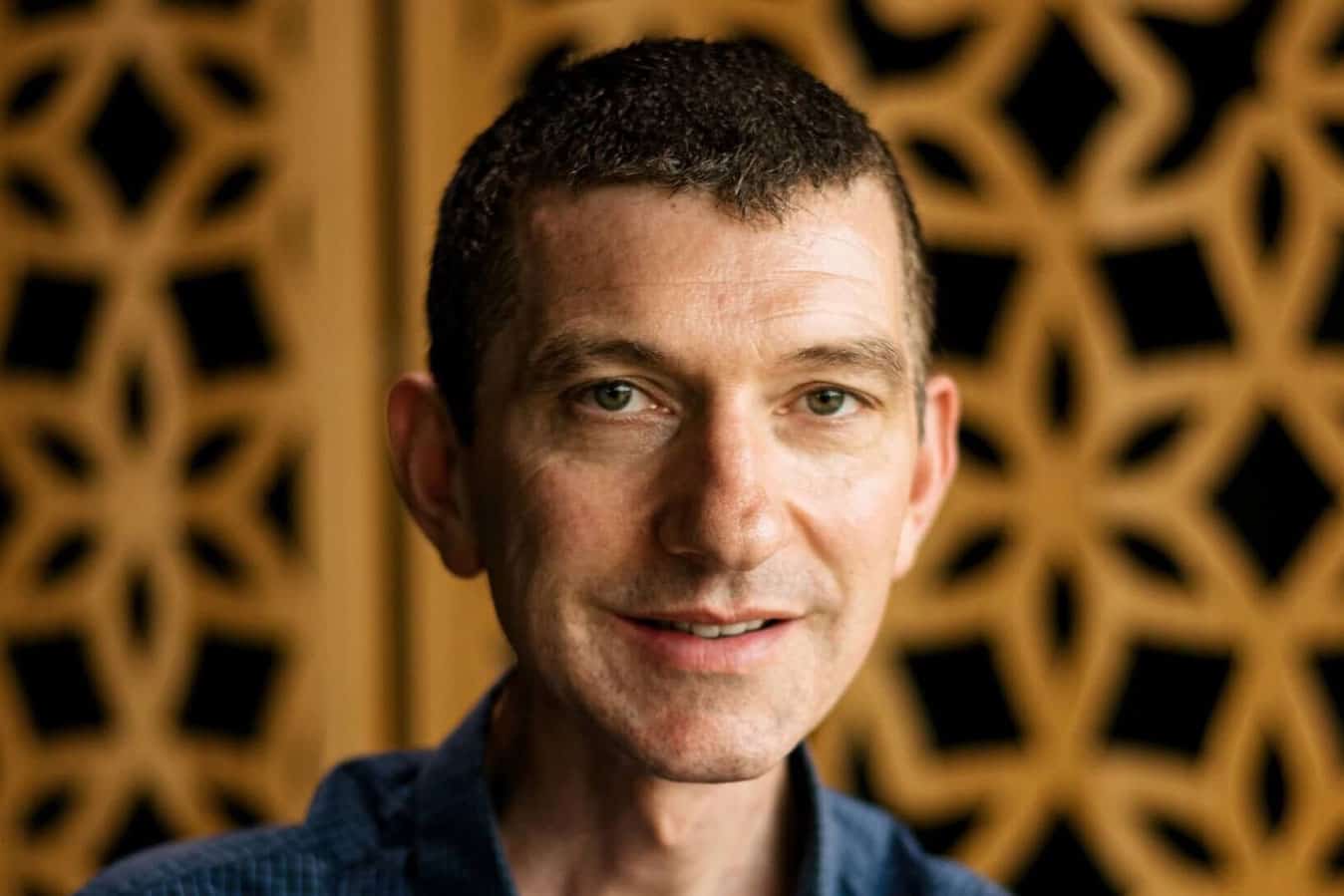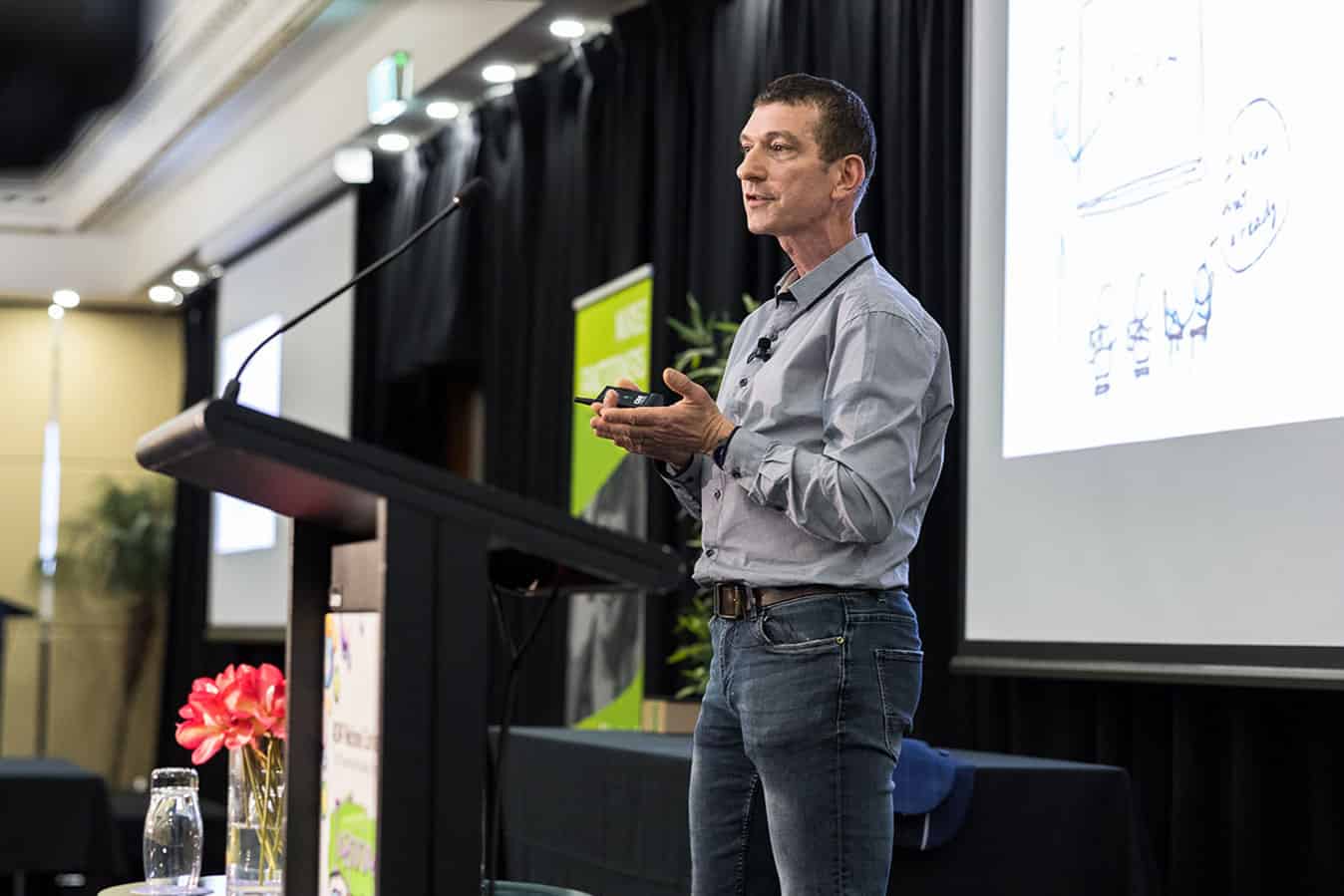How can you help protect yourself against burnout?
According to Dr Tom Buckley, an internationally recognised expert on the impact of stress on human health and wellbeing, there are five factors that can help prevent the rising toll of burnout among healthcare workers.
Addressing delegates at the Australian College of Nurse Practitioners (ACNP) National Conference 2022, Dr Buckley, who has a Masters degree in Nursing specialising in intensive care and cardiology, and heads the StriveStronger Research Institute, shared his biggest learnings on wellbeing and burnout.
Burnout, a term introduced by psychologist Herbert Freudenberger in the 1970s, is a work-related stress syndrome resulting from chronic exposure to jobs stress, Dr Buckley explained. Its characteristics include feelings of physical and emotional energy depletion and/or chronic exhaustion; increased negative feelings or cynicism related to one’s job; and reduced personal accomplishment.
At StriveStronger, Dr Buckley runs a research lab and provides wellness consultation for some of the country’s most high-profile leaders across diverse fields.
He suggests burnout is a ‘massive’ problem, especially in healthcare, and has increased since the COVID-19 pandemic.

According to the literature, causes of organisation burnout include unfair treatment at work, unmanageable workloads, lack of role clarity, poor leader communication and support, unreasonable time pressures, and volatility, uncertainty, complexity and ambiguity (VUCA), Dr Buckley said.
Since COVID-19, he says four of those causes – hybrid work, psychological safety, no organisational focus on wellbeing and poor leader wellbeing – have emerged, particularly hybrid work models, as people increasingly juggle life at the same time as work.
To counter burnout, Dr Buckley shared his top five modifiable factors to help people inoculate themselves.
-
Purpose alignment
Dr Buckley asked delegates to consider when they are at their best and what gives them the most meaning.
He encourages people to chase the right goals for them and ensure that what they do aligns with what gives them meaning.
“I challenge you to do the hard work and get in tune with your purpose, because if you align what you do in your career with your purpose, you are on the road to success.”
-
Active recovery
According to Dr Buckley, there is two elements to active recovery – switching the brain off from work, and switching on the parasympathetic nervous system.
It may sound simple but the first thing he prescribes to patients who cannot sleep is sunshine.
He also encourages people get in touch with the ground and walk barefoot on soil, work on their breathing, and engage in play and laughter.
-
Physiological capacity
While rest and recovery are important, Dr Buckley says it’s also crucial to stimulate hormesis and keep on your toes.
“We do need to create some sort of stress in the body because it’s that hormetic stress [the ideal level of exposure to stressors] that actually help us as well.”
One of the easiest ways to improve physiological capacity, he says, is walking between eight and 12 thousand steps a day, as sitting for eight hours a day doubles your mortality risk. Physically inactive people also have very poor stress balance.
“My advice is to play life as an extreme sport. Know when to up regulate, bring on stressors, but make sure you are switching on the down regulates and getting that balance right.”
UP REGULATE
- On (Positive stress)
- Elevate heart rate
- Heat
- Sauna
- Sunlight
- Upbeat music
- Social connections
- Power breathing
- Joy and fulfilment
- Movement
- Nutrition
DOWN REGULATE
- Off (Strategic recovery)
- Lower heart rate
- Cold
- Non-sleep deep rest
- Darkness, dim lights
- Chilled music
- Relaxed breathing
- Quiet reflection
- Low cognitive load
- Sleep
- Yoga and stretching
- Fasting
-
Restorative sleep
When it comes to sleep, Dr Buckley says most people don’t prioritise it enough.
To get proper sleep, he encourages switching off devices at least half-an-hour before bed, and avoiding large meals, alcohol and sugar before sleep.
“Two things destroy sleep. The first is being on your iPhone in bed. The second is more than one unit of alcohol before you go to sleep, because that pushes sleep back by about two hours. Your eyes may be closed but if your liver is working hard while you’re asleep, I guarantee you you’re awake at three in the morning.”
-
Social connectedness
Dr Buckley’s final modifiable factor to help prevent burnout is social connectedness. This includes strengthening your relationships, connecting with your tribe, reaching out, and seeking support when needed.
“It’s your relationships that will protect you from most of the stressors that actually drive you into burnout,” he said.








